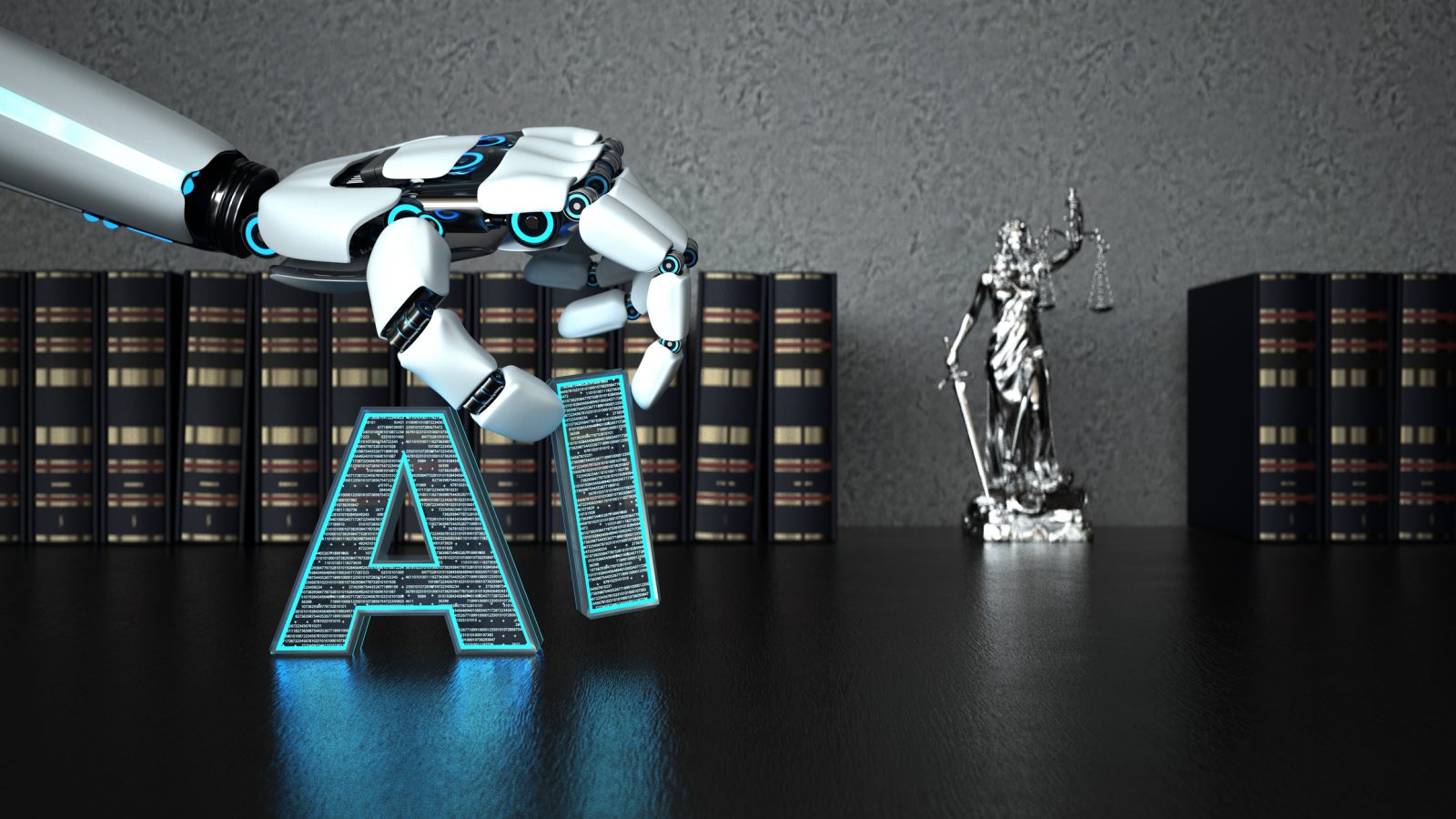“Machine Learning” (ML) is a concept from computer science that refers to cases of algorithmic processes being applied to data in an iterative fashion (i.e., over and over again) and testing their results, such that their predictive outputs improve without a human having to instruct them directly. That is quite a mouthful and may not sound very exciting. But, as an article in MIT Technology Review points out, ML is the brains behind “recommendation systems like those on Netflix, YouTube, and Spotify; search engines like Google and Baidu; social-media feeds like Facebook and Twitter; voice assistants like Siri and Alexa.” In other words, ML provides the magic ( !?!) behind much of the social-media-industrial complex that shapes so much of our modern digital environment. On Tuesday, October 26 (from 10 a.m. to 2:30 p.m. ET), the US Copyright Office, and the US Patent and Trademark Office are co-hosting a three-part discussion on “Copyright Law and Machine Learning for AI: Where Are We Now and Where Are We Going?”
This should prove a timely event for copyright mavens in view of the increasing talk of computers auto-generating the text for basic writing tasks, such as blog posts and article abstracts, and the copyright complications that will entail.
The first session will set the table with a look at “Machine Learning in Practice.” These panelists will describe and discuss experiences with the compilation step in building a learning database, ‘intermediate copying’ in the learning process, and managing the outputs of ML.
Building on this real-world foundation, the second panel will examine “How Existing Copyright Regimes Address Issues Relating to Machine Learning.” (This panel will include CCC’s Vice President and General Counsel, Catherine Zaller Rowland.)
After a lunch break, the final panel of the day will evaluate the adequacy of the existing legal arrangements as they seek to erect a new “appropriate [copyright] balance” around regulating the input (sometimes termed ‘ingestion’) and use of third-party content in ML. Such new regulations might include expanded ‘exceptions and limitations,’ collective licensing, and sui generis data protection.
“The event is available to the public for free, and attendees must register in advance. Agenda and registration information are available here.”
They say that there will be time for questions to each panel. So I’ll be attending, and I hope you will, too.


